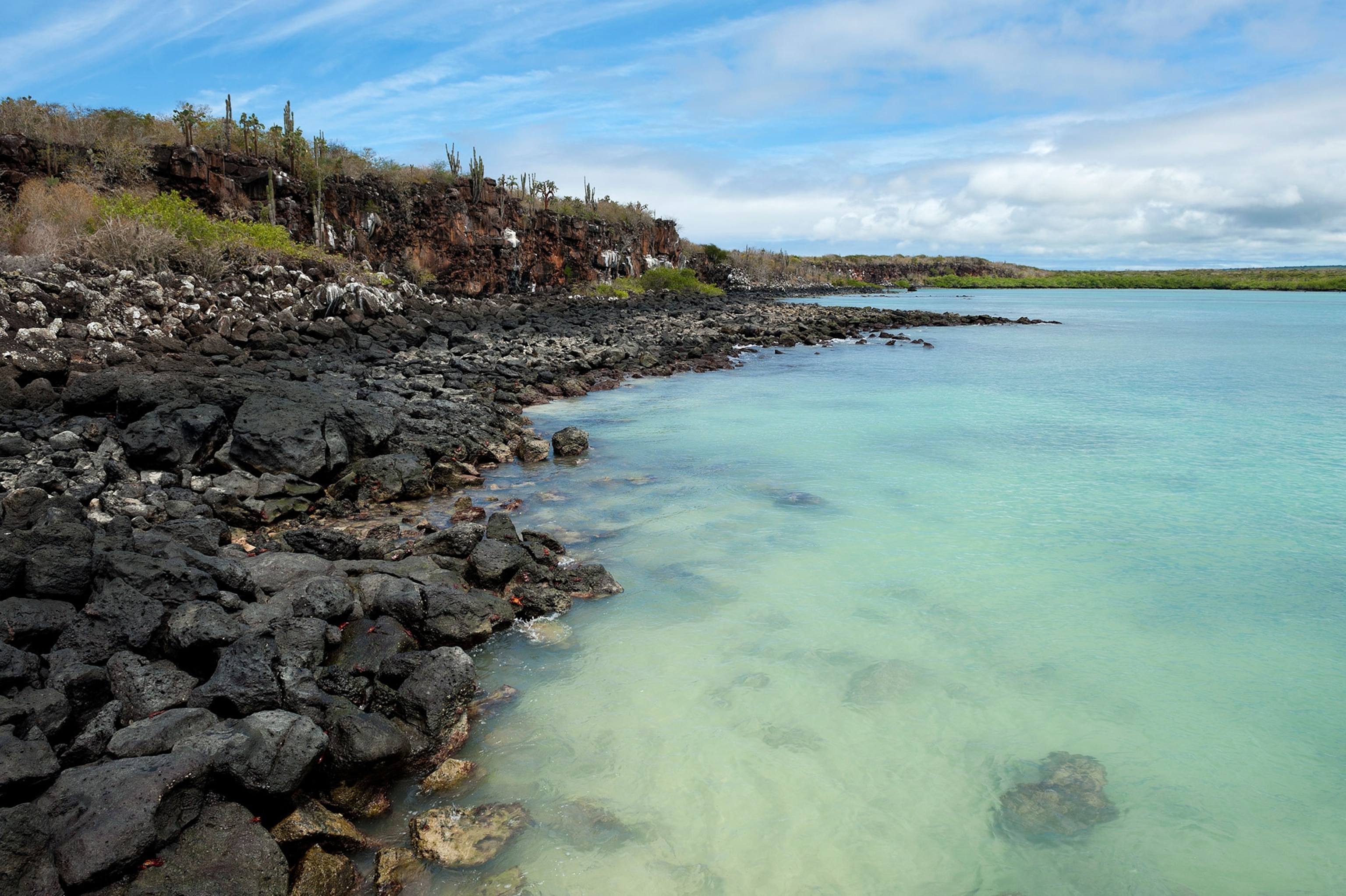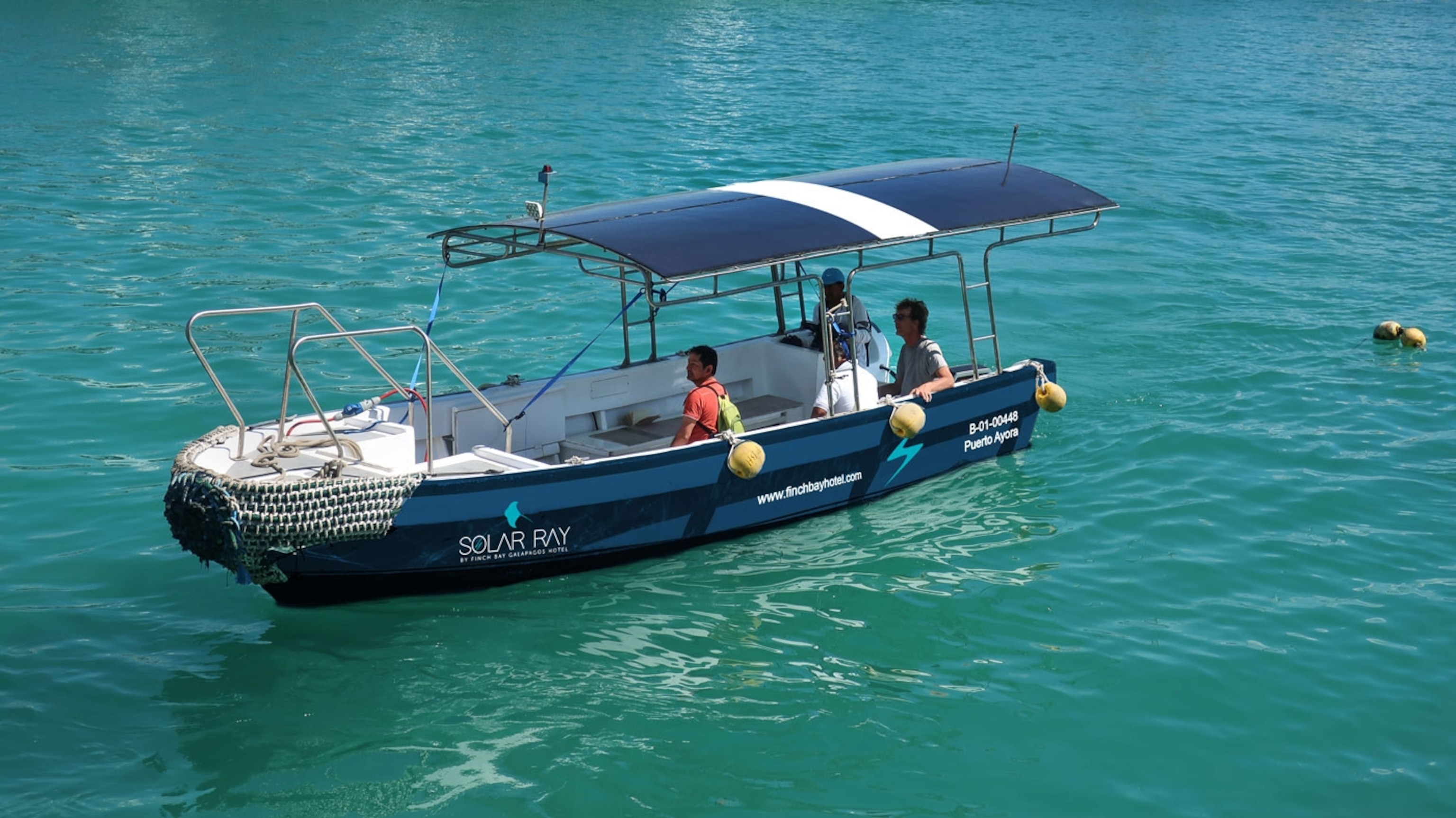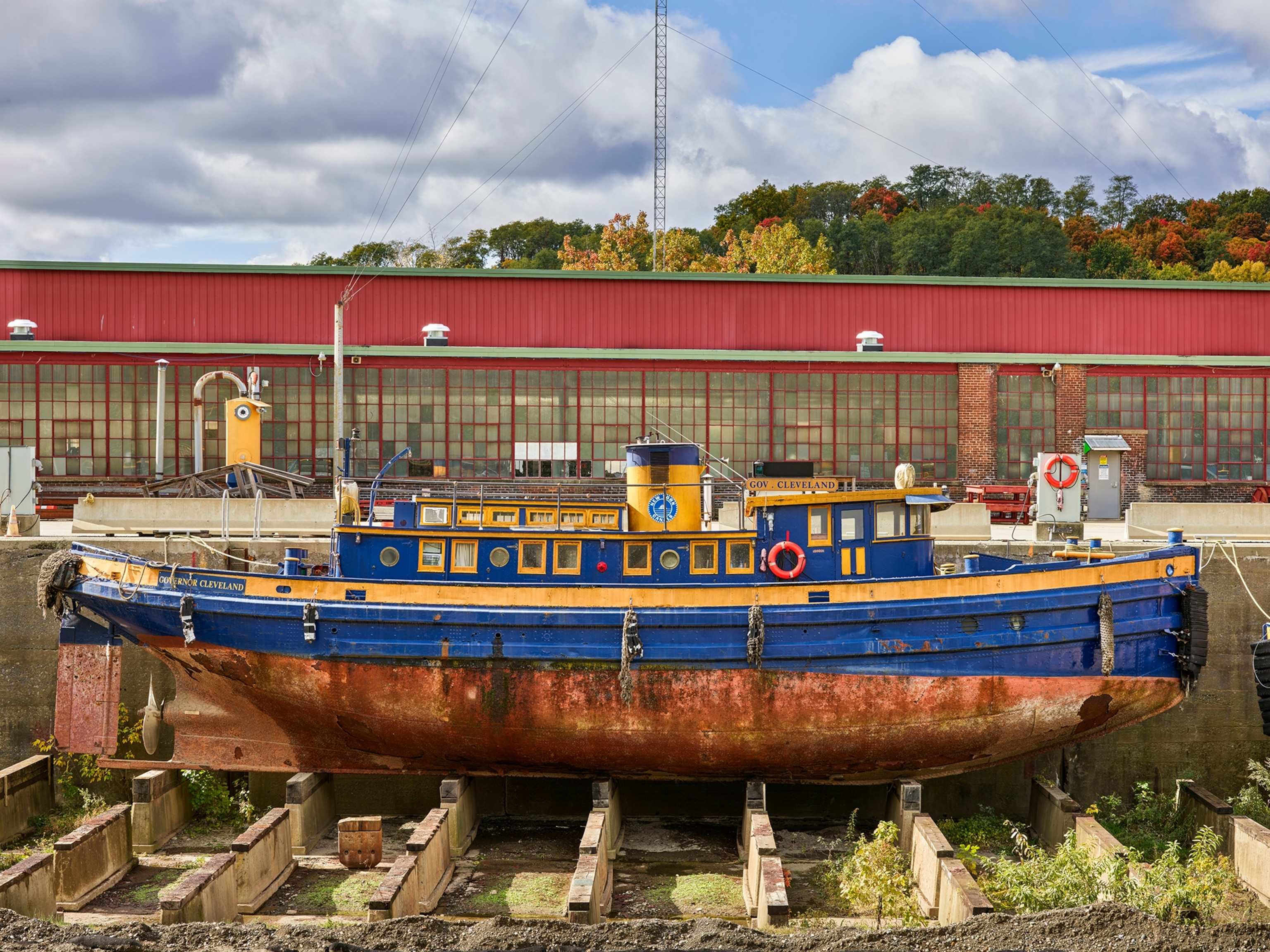
Solar is here to stay, but where are the boats?
There's nothing novel about vehicles using alternatives to the internal combustion engine, but solar and battery-powered boats are rarely in the conversation.
Electric vehicles are the talk of the town. Tesla has captured car drivers' imaginations, delivering the speeds, distances, and style they desire. Battery-powered buses are increasingly in vogue, too. Even major cities—New York being one of the latest—are shifting to all-electric fleets. And the Solar Impulse is making the case for the sun's might in aviation.
But what about boats? Experts say that the aquatic applications of solar are evolving faster than ever and that innovations in marine transportation will soon swing into the mainstream for everything from small crafts to cruise ships.
What held it back, though, were significant obstacles to adapting vessels for clean energy. Cracks in rigid and weighty solar panels and recurring damage to technology from the wet, wind, and salt of sea environments added to already high material costs.

Today, however, foremost on the list of challenges is energy storage.
"It's an issue that the solar industry is facing in general," says James Manzer of ReVision Energy. "While we can make electricity really inexpensively today, storage is still catching up." It's important because of the inability to regulate the flow of electricity from solar panels, especially when shade or cloud cover reduces output, or when faced with the power draw of high speeds.
"Electric motors in boats are heavily dependent on storing enough energy to propel that craft where it needs to go for as long as it needs to go," explains Manzer. Even then, higher speeds deplete batteries faster and battery recharge stations can't exactly be located in the middle of the ocean.
Advancements will undoubtedly solve such problems, as they have most others. Materials are already getting hardier, like the flexible, lightweight, and durable solar panels used in the Kara Solar river transportation project for indigenous communities in the Ecuadorian Amazon. The project's pioneers have also applied their methods to the airport transfer boat of the Finch Bay Hotel in the Galápagos. And companies like Oceanvolt are attempting to do for watercraft what Tesla did for cars.
There are also key improvements in both cost and supply. "We're seeing a 15 percent reduction in price every doubling of manufacturing output in the battery space," says Manzer.
Of course, for solar advocates, the benefits of clean energy and the gentle purr of easy-to-manage electric motors always outweigh the costs. The oil and diesel alternatives are notoriously high-maintenance, extremely noisy and noxious, and very heavy polluters. Who wants the roar and stink of a diesel engine in the middle of the ocean or on the placid canals of France? For example, on the Amazon River, "the big benefit of it being quiet is that it makes hunting and fishing easier," says Oliver Utne, coordinator of Kara Solar.
This is the news that's slowly breaking into the open, helped along by major initiatives like the round-the-world journey of the M.S. Tûranor PlanetSolar, the largest solar-powered boat, which mirrored the accomplishments of Solar Impulse in aviation, and Peace Boat's 2020 goal of launching a 6,000-passenger Ecoship, the world's greenest cruise ship, complete with massive, retractable "photovoltaic sails" and wind generators.
"It's happening," says Manzer. "The technology works. It will be exponential growth. It's just a matter of when, not if."
- National Geographic Expeditions
















































